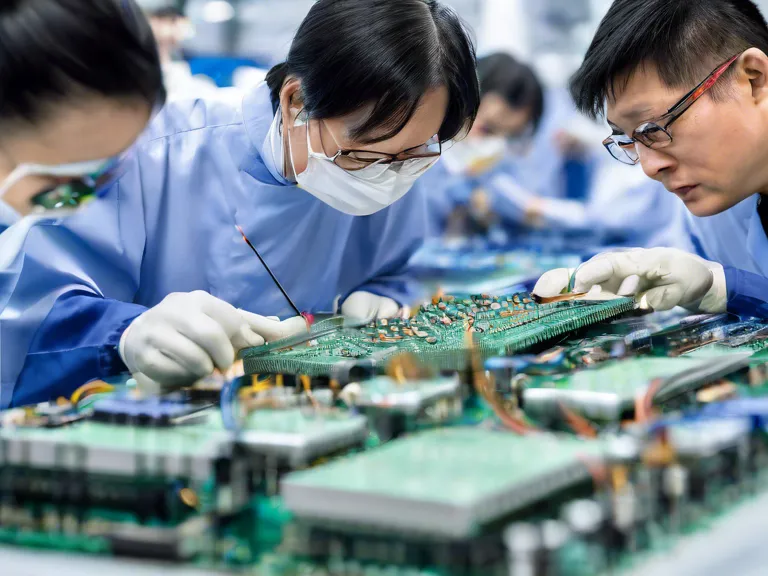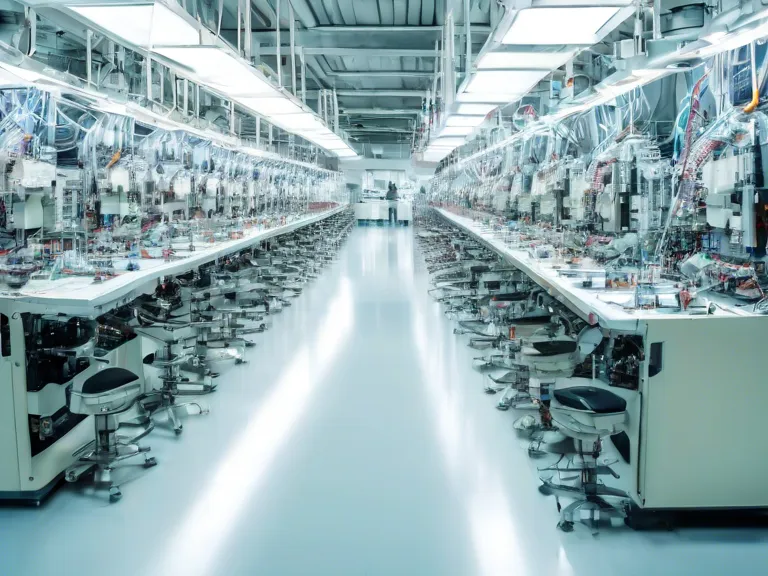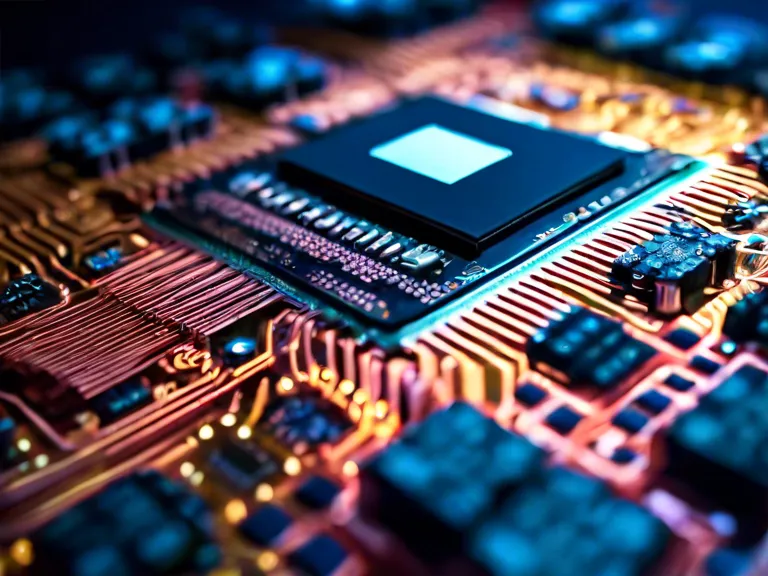
China and Taiwan are both major players in the semiconductor technology race, constantly striving to outpace one another in innovation and production. As the demand for faster and more powerful electronic devices continues to grow, both countries are investing heavily in research and development to stay ahead of the competition.
One of the key areas where China and Taiwan are competing is in the development of advanced semiconductor chips. These chips are used in everything from smartphones to self-driving cars, making them a crucial component of modern technology. Both countries have established semiconductor industries, with Taiwan being home to companies like TSMC (Taiwan Semiconductor Manufacturing Company) and China hosting firms like SMIC (Semiconductor Manufacturing International Corporation).
Taiwan has long been known as a hub for semiconductor manufacturing, with TSMC being one of the largest semiconductor foundries in the world. The company is a leader in the production of cutting-edge chips, offering advanced technologies like 5nm process nodes. Taiwan's semiconductor industry benefits from strong government support and a skilled workforce, making it a formidable competitor in the global market.
On the other hand, China has been rapidly expanding its semiconductor industry in recent years, with the goal of becoming self-sufficient in chip production. The Chinese government has poured billions of dollars into building up domestic semiconductor capabilities, leading to the rise of companies like SMIC. While China still lags behind Taiwan in terms of technological expertise, the country is making significant strides in closing the gap.
In the end, the competition between China and Taiwan in the semiconductor technology race benefits consumers by driving innovation and pushing the boundaries of what is possible in electronic devices. Both countries are pushing the limits of semiconductor technology, ensuring that the future of electronics will be faster, more efficient, and more powerful than ever before.



